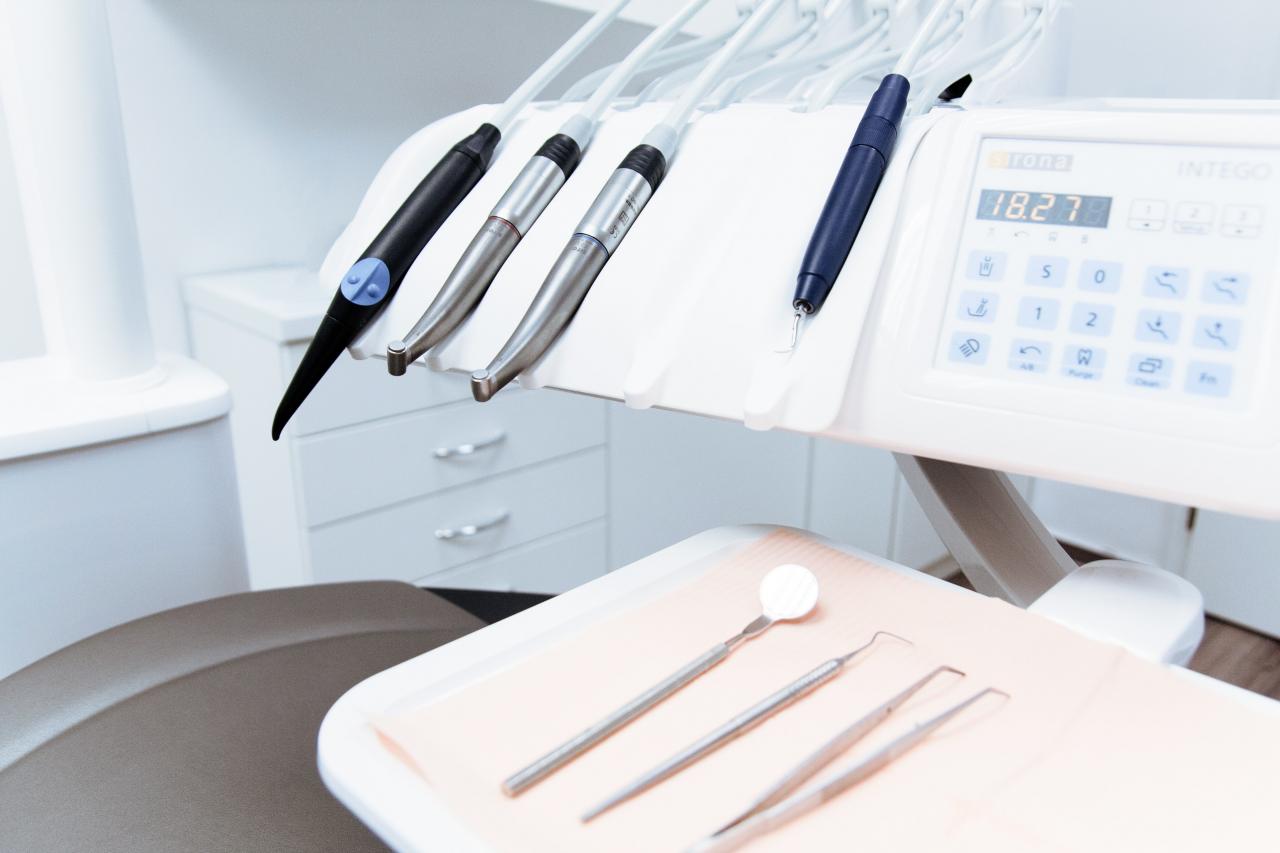Dental insurance is difficult to get in retirement, which is a big issue because most people begin having serious dental problems in old age. Since Medicare does not include dental care, seniors have to look for other plans that aren’t too great, leaving them underinsured. There are a few other ways retirees can pay for dental care that you must consider.
1. Individual Plans
Dental work can be costly, with some root canals and crowns costing north of $1,000 making it difficult for many people to take on these costs willingly.
If you need to get a tooth implant, it can cost up to$4,500 which is a considerable sum of money that retirees simply cannot afford. If you decide to get an individual plan, which might involve a few checkups and cleanups per year, you can expect to pay between 20 and 80 USD per month in premiums. However, you will be assigned awaiting period if you need to get a lot of dental work done, taking up to 2 years.
The good news is that regular dental work does not require a waiting period. Individual plans are somewhat limited in that they restrict patients to a select few dentists in the area. These plans can pay a fraction of the costs for serious dental work and max out at around $2,000.
2. Dental Discount Plans
Dental discount plans are essentially a membership program that allows you to avail yourself of some discounts and certain offers on dental care without having to wait for months on end. Discounts are dependent on the dental care program you sign up for, but if you need serious dental work done, this option will be too expensive for you.
3. Medicare Advantage
Travelers is another great car insurance company with a very low complaint level, reflecting how good they are to their customers. It has an excellent price for loan insurance at only $39, making it affordable to the general public.
Forgiveness is offered for those who get involved in car accidents and also for minor violations. Travelers offer a program called IntelliDrive, which allows drivers to avail themselves of discounts if they have safe driving habits.
4. Self-Insure
Another way you can ensure that you’ve saved up enough money for dental care in the future is to put some money into a health savings account. This is a great way to have money put aside before you are able to sign up for Medicare at the age of 65. Self-insurance is the route to take if you can afford dentalcare but may not be the best option if you have frequent dental issues.
Final Thoughts
You should always prioritize dental care to avoid any unnecessary expenses in old age, and the payment options at your disposal are far from perfect. However, if you do not have any serious issues, such as needing a root canal or getting a dental crown, these plans will offer you some discounts that could lighten your financial burden.

